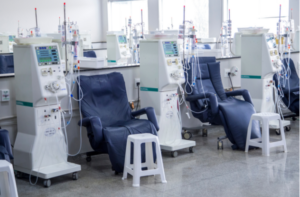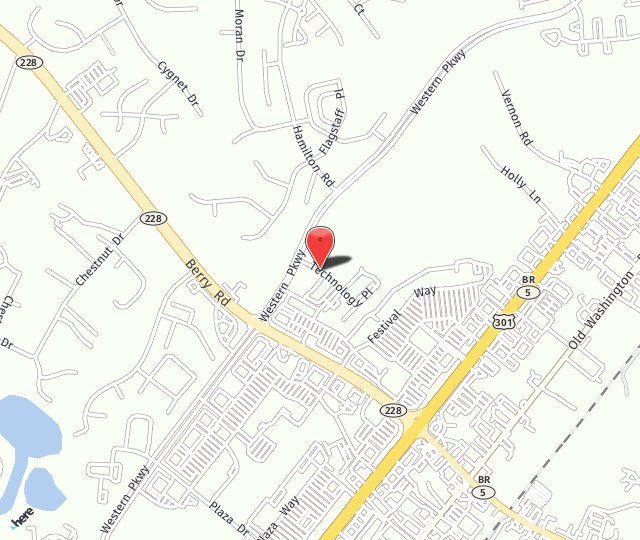
Central Venous Catheter
The central venous catheter is used in cases where patients need emergency dialysis but do not have an AV fistula or graft. The CVC is a y-shaped tube that enters a major vein in your chest, neck, or groin. It is not a long-term solution.
AV Fistula
The AV fistula (arteriovenous fistula) is a connection between an artery and a vein formed through surgery. Usually, it is placed in the non-dominant arm allowing blood to flow quickly to the dialysis machine by causing your veins to become larger and sturdier.
An AV fistula takes several months to heal and requires constant observation to ensure it is functioning properly. An AV fistula is widely considered the best type of dialysis access because it can last for years. It is also unlikely to clot or become infected.
AV Graft
An artery vein graft is a type of access that involves connecting your artery and vein with a hollow tube. AV grafts are ideal for persons who have damaged veins or small veins. It’s easily implanted and is functional in a short amount of time. AV grafts require the same amount of maintenance as AV fistulas, but they don’t last as long and are more prone to clotting.
PD Catheter
Peritoneal dialysis is a type of dialysis that uses the interior lining of the abdomen instead of a machine. Before beginning therapy, a small incision is made near the navel where a thin catheter tube is placed in the cavity within your abdomen. The catheter will remain in place indefinitely.
Fluid enters your peritoneal cavity with the use of the catheter. Waste materials and excess fluid are taken out of the blood as it travels within the blood vessels around the peritoneal cavity and into the dialysis fluid.
The Right Care
Contact the Metropolitan Vascular Institute today to consult a nephrologist and learn what type of dialysis access is right for you.

